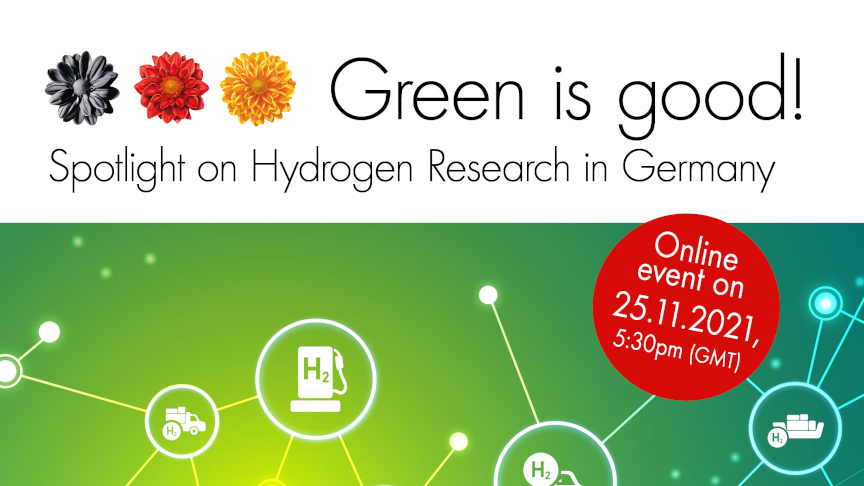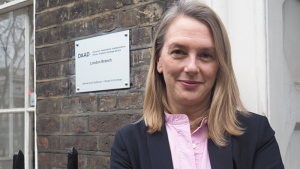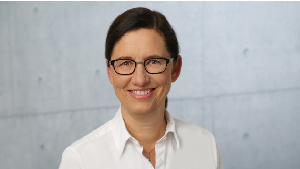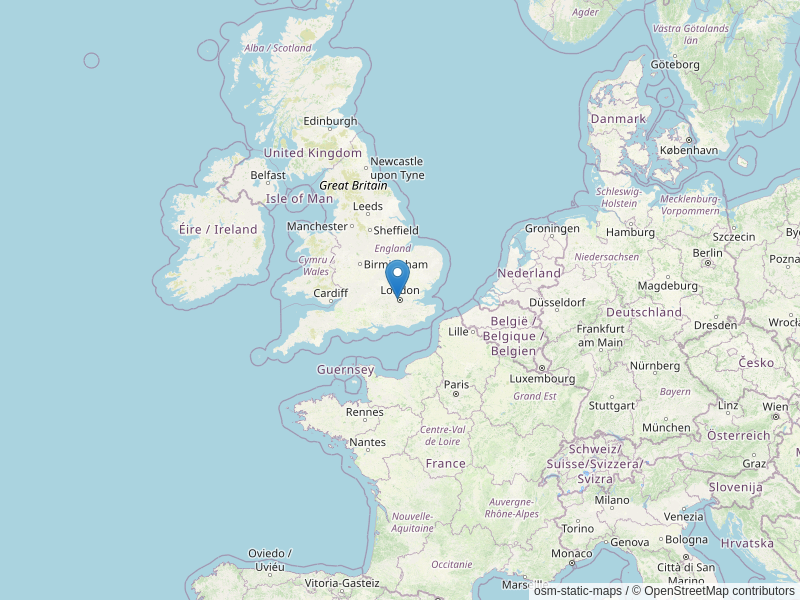Online Event: Green is good! Spotlight on Hydrogen Research in Germany

For decades, hydrogen has been hailed as a revolutionary alternative to fossil fuels, yet there are a number of challenges that remain to be solved. Bringing down production costs, converting existing production processes – of so-called gray hydrogen made from natural gas, coal, and oil – to sustainable methods, and expanding the renewable energy supply needed to achieve both are just some of the crucial issues for realising commercially viable and realistic hydrogen strategies. Nonetheless, hydrogen holds great potential in certain areas and solving these challenges is critical to achieving net-zero emissions, particularly in energy-intensive and hard-to-decarbonise sectors.
With the Nationale Wasserstoffstrategie in Germany and the UK Hydrogen Strategy, both countries conduct important research on production, distribution, storage, and use of hydrogen in hopes of deploying it at large scale. International cooperation and collaboration will be vital in creating the infrastructure and platforms necessary for the establishment of globally competitive hydrogen markets. Discussing with leading experts in this sector, we will point out the particular strength and chances in the respective country’s academic and R&D community.
You can watch the recording here
Speakers

Ruth Krahe studied Political Science, English Literature and Linguistics at the Universities of Bonn and Nottingham and has worked for the DAAD in various positions since 1998. She took over the position as Director of the DAAD’s London Office in November 2019.

Peter Schniering, DAAD Alumnus, has been working on Sustainable Energy Innovation ever since completing a PhD on ‘Climate Policy and Technology’ at Bonn University. He served as consultant to the UNFCCC Secretariat in Bonn and is the founder of Future Cleantech Architects.

Barbara Albert is Professor of Solid State Chemistry at the Institute for Inorganic and Physical Chemistry of the TU Darmstadt. As former vice president of TU Darmstadt and former president of the German Chemical Society her research focuses on hydrogen and its applications.
At TU Darmstadt, scientists from various disciplines like mechanical engineering, chemistry, materials and political sciences work together to address the changes in nowadays energy landscape. Research on H2 plays a major role, and research projects on renewable electricity production, electron transport and power electronics, hydrogen generation, storage, transport and its uses are tackled. TU Darmstadt forms research alliances with neighbouring Fraunhofer institutes, the universities of the Rhine-Main area, European partners and stakeholders from societies and industries, to find transformative solutions for a sustainable future.






